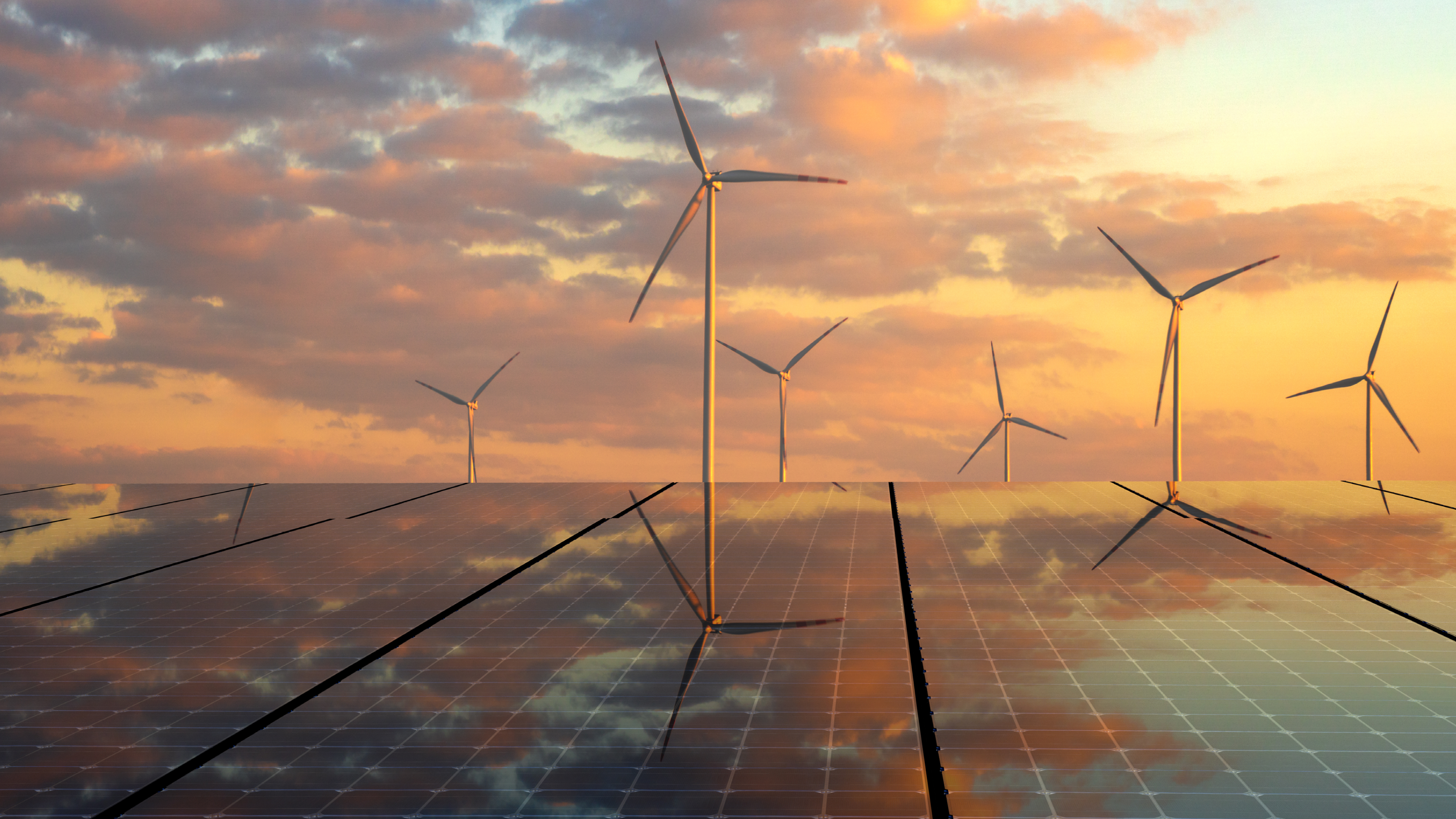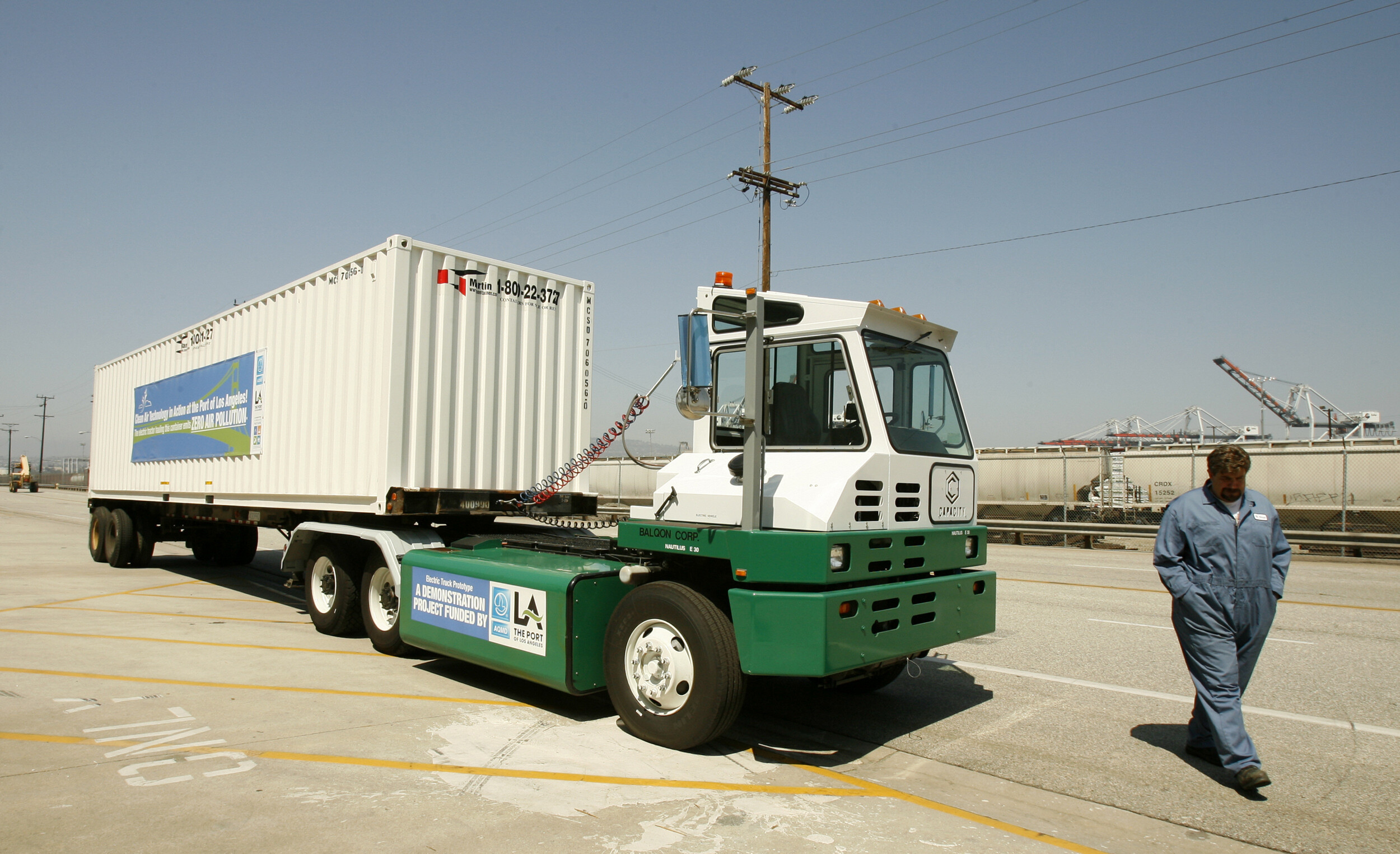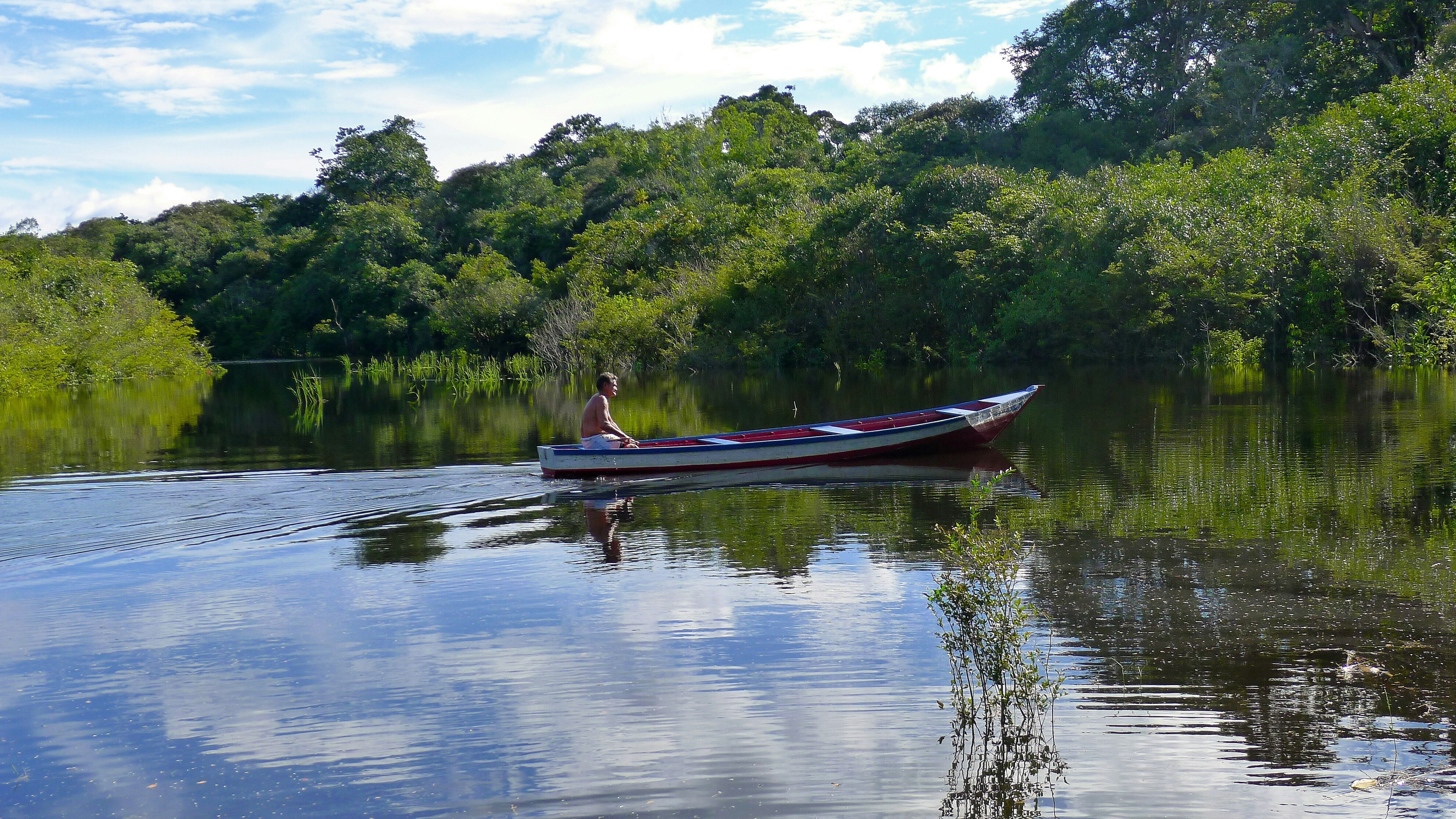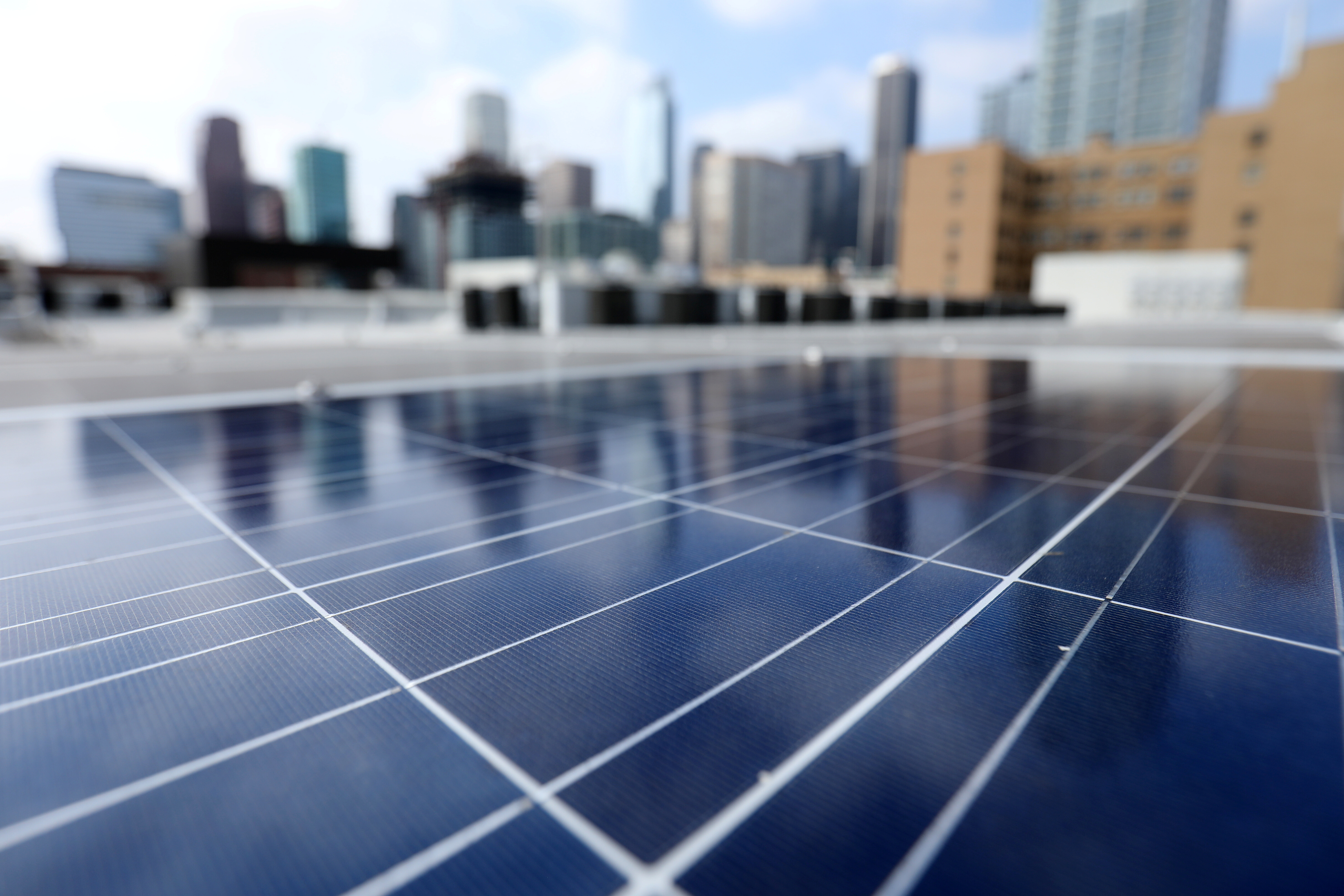Why clean air must be central to the climate finance agenda

Investors must aim to achieve more with their climate funding by prioritizing projects that are also beneficial for clean air.
Image: Getty Images/iStockphoto
Stay up to date:
Air Pollution
- Air pollution is not only accelerating climate change, it is responsible for millions of deaths each year and is a silent driver of economic decline.
- Many solutions to climate change can also address air quality, often at little extra cost, so it makes economic sense to tackle both together.
- Investors must aim to achieve more with their climate funding by prioritizing projects that are also beneficial for air quality.
As world leaders gather in Davos to confront the twin challenges of climate crisis and economic instability, one urgent issue is not getting as much attention as it deserves: clean air.
Air pollution is not only accelerating climate change at alarming rates, it is responsible for millions of deaths each year and is a silent driver of economic decline. According to the World Health Organization, air pollution costs the global economy $5 trillion annually in welfare losses. By investing in air quality, we can help countries become more resilient to climate challenges, cut healthcare spending and lift productivity. Despite this, less than 1% of global development spending is allocated to clean air.
In this context, it is clear that air quality can no longer be sidelined in the fight for a sustainable future.
Prioritizing clean air in climate finance
Yet time and again it has been sidelined. At COP29 last year, much of the focus was on scaling up climate finance. But the final outcome fell short. The funding promised did not adequately meet the scale of the problem and entirely failed to address the urgent need to incorporate air quality action into funding models. This is a serious oversight.
By prioritizing clean air in climate finance, we can create lasting economic opportunities for businesses, governments and individuals worldwide, improve the health of our citizens and the acceptability of policies, all the while ensuring that no one is left behind in the transition to a cleaner, more sustainable world.
Meaningful climate action is being held back by its own narrow focus. Treating climate action, health and economic development as separate issues is a mistake; we cannot address one without addressing the others. Clean air is at the intersection of all three and acting now will deliver immediate health benefits for communities, strengthen economies and help the climate.
Actions such as shifting to electric vehicles or shutting down coal plants have important long-term climate mitigation benefits. Importantly, they also deliver immediate and tangible clean air benefits. Almost overnight, hospitalizations and asthma attacks are reduced, health costs are slashed, productivity rises and lives are saved. Where policy-makers can show these practical benefits, they can build public support for bolder action.
Clean Air Fund
Many solutions to climate change can also address air quality, often at little or no extra cost, so it makes economic sense to tackle both together.
Financial tools like green bonds, social bonds and results-based funding must be developed and deployed. Governments, international funders and private investors must aim to achieve more with their climate funding by prioritizing projects that are also beneficial for air quality, making grants and low-cost loans available for the most polluted and vulnerable countries, and leveraging all funding to drive scalable investments in clean air.
What's the World Economic Forum doing to tackle air pollution?
At the Clean Air Fund, we’ve seen firsthand the impact of our approach. Through our support for OpenAQ, an open-source and open-access data platform, community ambassador Azjargal Tsogtsaikhan has collected and published real-time air quality data, collaborating with researchers, campaigners and NGOs to drive action on clean air in Mongolia. In Poland’s ‘smog capital’, Rybnik, our grantee Polish Smog Alert has campaigned successfully for measures to reduce air pollution and greenhouse gases at the same time, including replacing outdated coal stoves with cleaner heating sources and strengthening enforcement of coal burning bans. These initiatives not only improve air quality but also stimulate new markets, create jobs and support the development of resilient, sustainable economies.
At Davos, global leaders must start thinking more broadly about the benefits climate finance can deliver. By prioritizing clean air in climate finance, we can create lasting economic opportunities for businesses, governments and individuals worldwide, improve the health of our citizens, boost the impact of policies, and ensure that no one is left behind in the transition to a cleaner, more sustainable world.
Accept our marketing cookies to access this content.
These cookies are currently disabled in your browser.
Don't miss any update on this topic
Create a free account and access your personalized content collection with our latest publications and analyses.
License and Republishing
World Economic Forum articles may be republished in accordance with the Creative Commons Attribution-NonCommercial-NoDerivatives 4.0 International Public License, and in accordance with our Terms of Use.
The views expressed in this article are those of the author alone and not the World Economic Forum.
Related topics:
Forum Stories newsletter
Bringing you weekly curated insights and analysis on the global issues that matter.
More on Climate Action and Waste Reduction See all
Laia Barbarà, Christin Martens and Nasim Pour
November 21, 2025
Wee Kean Fong and Yvonne Zhou
November 19, 2025
Sergio Mujica
November 19, 2025
Noelia Garcia Nebra
November 18, 2025







